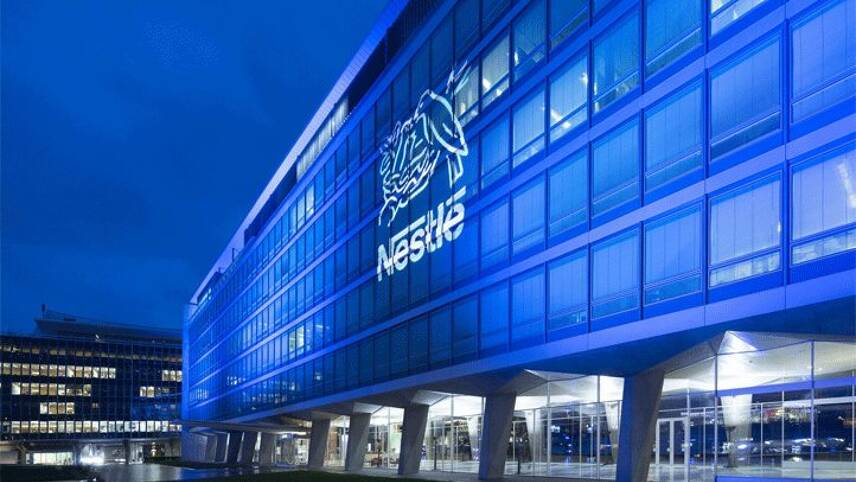Register for free and continue reading
Join our growing army of changemakers and get unlimited access to our premium content

Nestlé Headquarters in Vevey
Food and beverage giant Nestlé has unveiled its new net-zero ambition for 2050, pledging to align its objectives with science-based targets. Over the next two years, the company will lay out a time-bound plan including interim targets consistent with the 1.5°C path of the Paris Agreement.
“Climate change is one of the biggest threats we face as a society. It is also one of the greatest risks to the future of our business,” Nestlé’s chief executive Mark Schneider said.
“We are running out of time to avoid the worst effects of global warming. That is why we are setting a bolder ambition to reach a net-zero future. Deploying Nestlé’s global resources and industry know-how, we know we can make a difference at significant scale. Our journey to net-zero has already started. Now, we are accelerating our efforts.”
Under the net-zero ambition, the company has pledged to launch food and drink products that are better aligned to consumer demands for choices that contribute to healthier diets and reduced environmental impact, notably plant-based food and drink.
Nestlé will also strengthen its farmer relations to introduce programmes that restore land and limit greenhouse gas emissions in its dairy supply chain. Replanting trees and enhancing biodiversity to sequester more carbon to build resilient agricultural supply chains and communities.
The company will also aim to use 100% renewable electricity. A third of Nestlé factories (143) are already using 100% renewable electricity and the company will increase efforts to engage suppliers to invest in renewable infrastructure. The company’s top 100 distribution centres have already reduced emissions by nearly 40% over a four-year period.
Packaging commitments
Having unveiled a paper-based alternative to flexible plastic wrapping earlier this year, Nestlé is also pushing towards a zero-deforestation goal.
Nestle first set its 2025 commitments on packaging in 2018 as part of WRAP’s UK Plastics Pact pledge.
Since then, the company has launched a recyclable paper pouch for its new chocolate milk drink, Nesquik All-Natural powder, and has begun work to remove plastic straws from its beverage portfolio. It is also planning to launch plastic-free packaging for Milo, Nesquik and Smarties sharing bags before the end of 2019.
Elsewhere in its plastic strategy, Nestle recently joined Project STOP, a business-led initiative aiming to prevent plastic pollution from leaking into waterways and oceans across South-East Asia.
Matt Mace


Please login or Register to leave a comment.